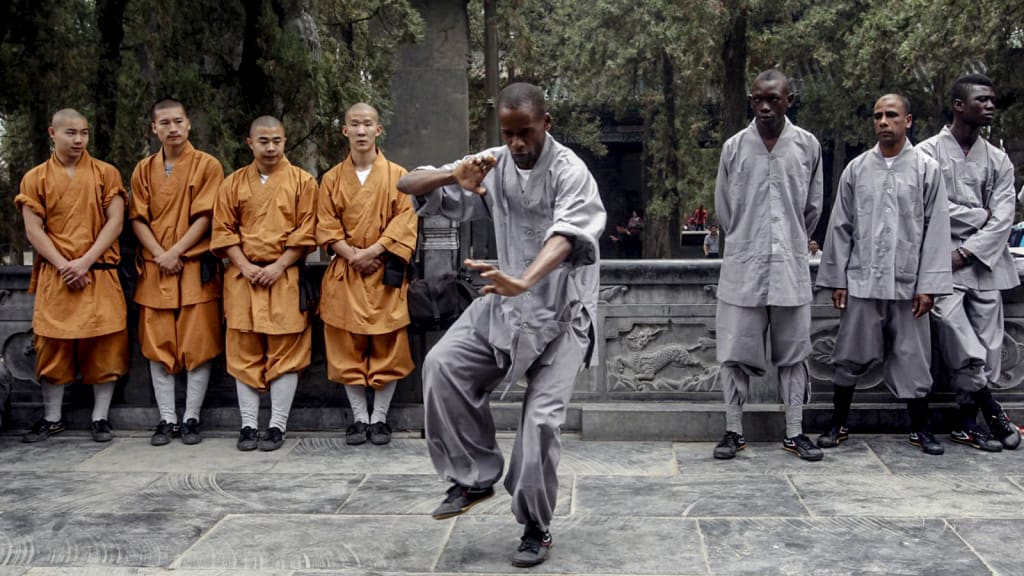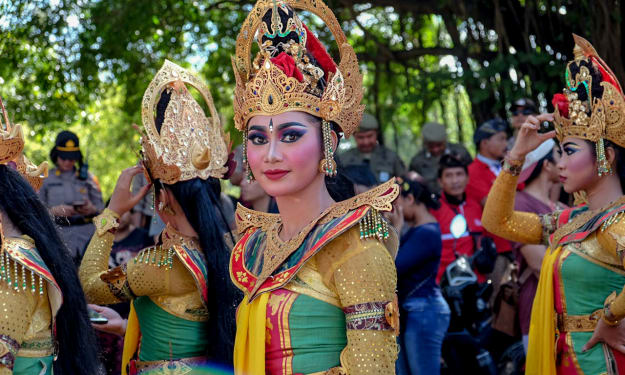The Art of Bridging Cultures
Exploring the Power of Cultural Diplomacy

In an increasingly interconnected world, the role of cultural diplomacy has become ever more crucial in fostering understanding, cooperation, and peace among nations and peoples. Cultural diplomacy harnesses the power of arts, culture, and dialogue to build bridges between diverse communities, transcend political divides, and promote mutual respect and appreciation. In this exploration, we delve into the dynamics of cultural diplomacy, its impact on international relations, and its potential to shape a more harmonious and interconnected world.
Understanding Cultural Diplomacy
Cultural diplomacy can be defined as the use of cultural exchange, arts, and dialogue to foster understanding and cooperation between nations and peoples. Unlike traditional diplomacy, which focuses on political negotiations and strategic interests, cultural diplomacy emphasizes the importance of building relationships and trust through shared experiences and cultural exchange. By highlighting the richness and diversity of human culture, cultural diplomacy seeks to transcend national boundaries and promote a sense of global citizenship.
The Power of Cultural Exchange
At the heart of cultural diplomacy lies the power of cultural exchange—the sharing of ideas, values, and traditions across borders. Through cultural exchange programs, such as art exhibitions, music festivals, and academic exchanges, nations can showcase their cultural heritage and engage in meaningful dialogue with people from around the world. These interactions foster mutual understanding, challenge stereotypes, and promote empathy and respect for diverse cultures.
Cultural Diplomacy in Practice
Cultural diplomacy takes many forms, from government-sponsored initiatives to grassroots exchanges facilitated by non-governmental organizations and cultural institutions. Governments often use cultural diplomacy as a soft power tool to promote their national image and values abroad, while also fostering relationships with other countries. At the same time, civil society organizations and cultural institutions play a crucial role in promoting people-to-people exchanges and fostering grassroots connections between communities.
The Role of the Arts in Cultural Diplomacy
The arts play a central role in cultural diplomacy, serving as a universal language that transcends linguistic and cultural barriers. Whether it's music, dance, literature, or visual arts, artistic expression has the power to evoke emotions, provoke thought, and foster connections between people from diverse backgrounds. Through cultural events and artistic collaborations, nations can showcase their cultural heritage and promote dialogue and understanding on a global scale.
The Impact of Cultural Diplomacy
Cultural diplomacy has the potential to yield significant benefits for international relations, including fostering mutual understanding, promoting peace and reconciliation, and addressing global challenges such as climate change and human rights. By promoting cultural exchange and dialogue, cultural diplomacy builds trust and empathy between nations, laying the groundwork for cooperation and collaboration on shared goals and priorities.
Challenges and Opportunities
Despite its potential benefits, cultural diplomacy also faces challenges, including political tensions, cultural misunderstandings, and resource constraints. Moreover, the rise of nationalism and xenophobia in some parts of the world has led to a backlash against cultural exchange and international cooperation. However, these challenges also present opportunities for creative and innovative approaches to cultural diplomacy, including digital initiatives and virtual exchanges that transcend physical borders and reach new audiences.
Conclusion
In conclusion, cultural diplomacy serves as a powerful tool for promoting understanding, cooperation, and peace in an interconnected world. By fostering cultural exchange, dialogue, and collaboration, cultural diplomacy builds bridges between nations and peoples, transcending political divides and promoting a sense of global citizenship. As we confront the challenges of the 21st century, cultural diplomacy offers a path towards a more harmonious and interconnected world, where the richness and diversity of human culture are celebrated and respected. Let us embrace the power of cultural diplomacy to build a brighter future for all.
About the Creator
Mohamed Ali
Mohamed Ali is a passionate writer and researcher with a keen interest in exploring the complexities of human behavior and society through the lens of sociology. With a background in sociology and psychology.






Comments
There are no comments for this story
Be the first to respond and start the conversation.